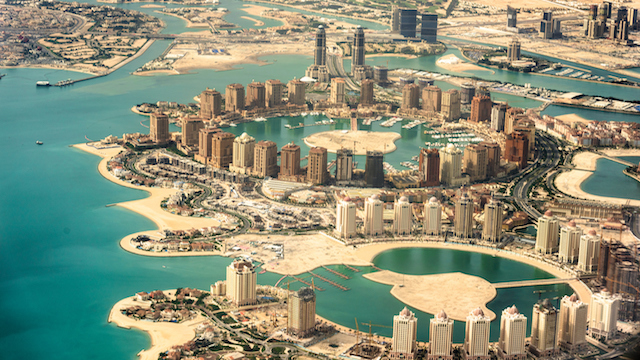 ISTOCK, FRANCKREPORTERFor many scientists, helium is a precious commodity. Liquefied helium is required to cool important and expensive scientific instruments, such as magnetic resonance imaging (MRI) scanners and nuclear magnetic resonance (NMR) spectrometers.
ISTOCK, FRANCKREPORTERFor many scientists, helium is a precious commodity. Liquefied helium is required to cool important and expensive scientific instruments, such as magnetic resonance imaging (MRI) scanners and nuclear magnetic resonance (NMR) spectrometers.
Due to the ongoing diplomatic crisis with surrounding Arab countries, Qatar—the second largest helium supplier in the world—lost access to a major port at Jebel Ali in the United Arab Emirates, from which it sends and receives helium shipments. In mid-June, two Qatari helium refineries were forced to shut down, sending ripples of anxiety through the community of scientists reliant on a steady supply.
“I am unaware of [the blockade] affecting anybody at this time, but we are all worried,” Dean Olson, the director of the NMR lab at the University of Illinois at Urbana-Champaign, told The Scientist early last week. Olson and his community of NMR laboratory directors were bracing for the possibility of a disruption in their supply. The pattern in the past, ...





















